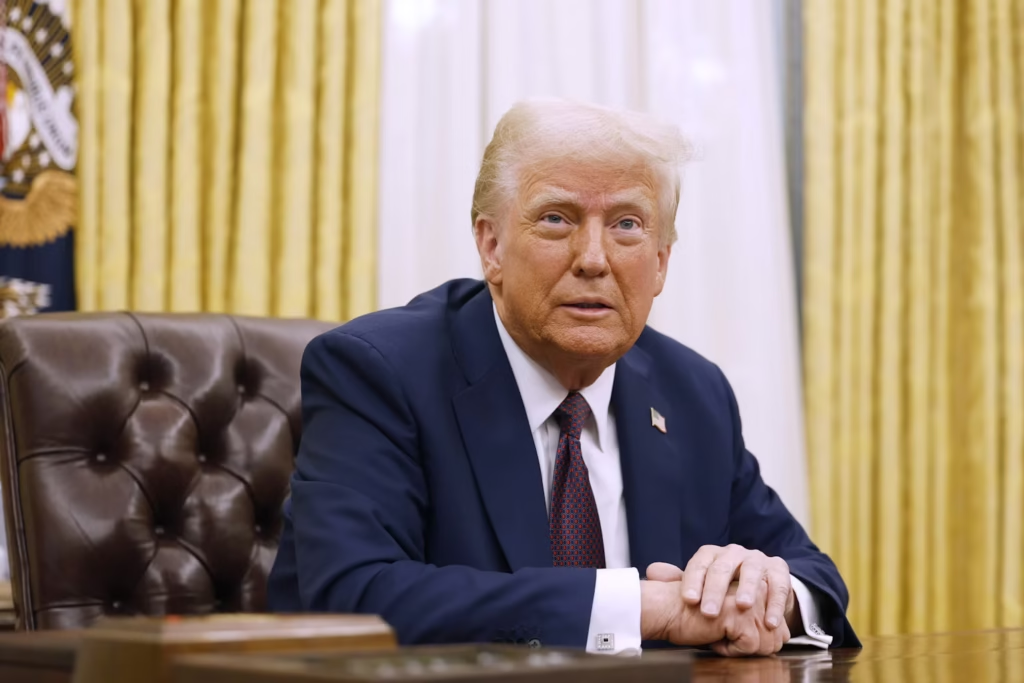The U.S. labor market showed signs of significant weakening in recent months, with revised data indicating much slower job growth than initially reported. Excluding the pandemic, the latest figures reflect the weakest job performance since the Great Recession.
Revisions to the last three months of payroll data lowered the average job growth to 35,000 per month, a level not seen since 2010. “The labor market is much weaker than originally reported the last two months. While payrolls grew 73k in July, May and June data were revised down a total of 258k to 19k and 14k, respectively,” wrote Elise Gould, economist at the Economic Policy Institute.
New jobs were largely concentrated in the health care and social assistance sectors, while most other industries—including manufacturing, professional and business services, warehousing, retail, and government—recorded losses. “Without health care, the last three months of payroll gains look like this: -53,000 in May, -45,000 in June, and -300 in July,” Bloomberg U.S. economy editor Matthew Boesler reported.
Josh Bivens, chief economist at EPI, said if the economy enters a recession in the coming months, the “rapid softening/deterioration in the labor market” over the last quarter will likely be viewed as its starting point.
Trump administration officials attributed the weak data to “seasonal adjustment quirks,” though no explanation was offered for the deviation. Economists cited policy-driven uncertainty, particularly around trade. “I’ve been calling this a ‘Frozen’ job market for awhile. Now I would call it a red flag,” said Heather Long, chief economist at Navy Federal. “Companies do not want to hire or invest with this much uncertainty about tariffs, inflation, etc.”



